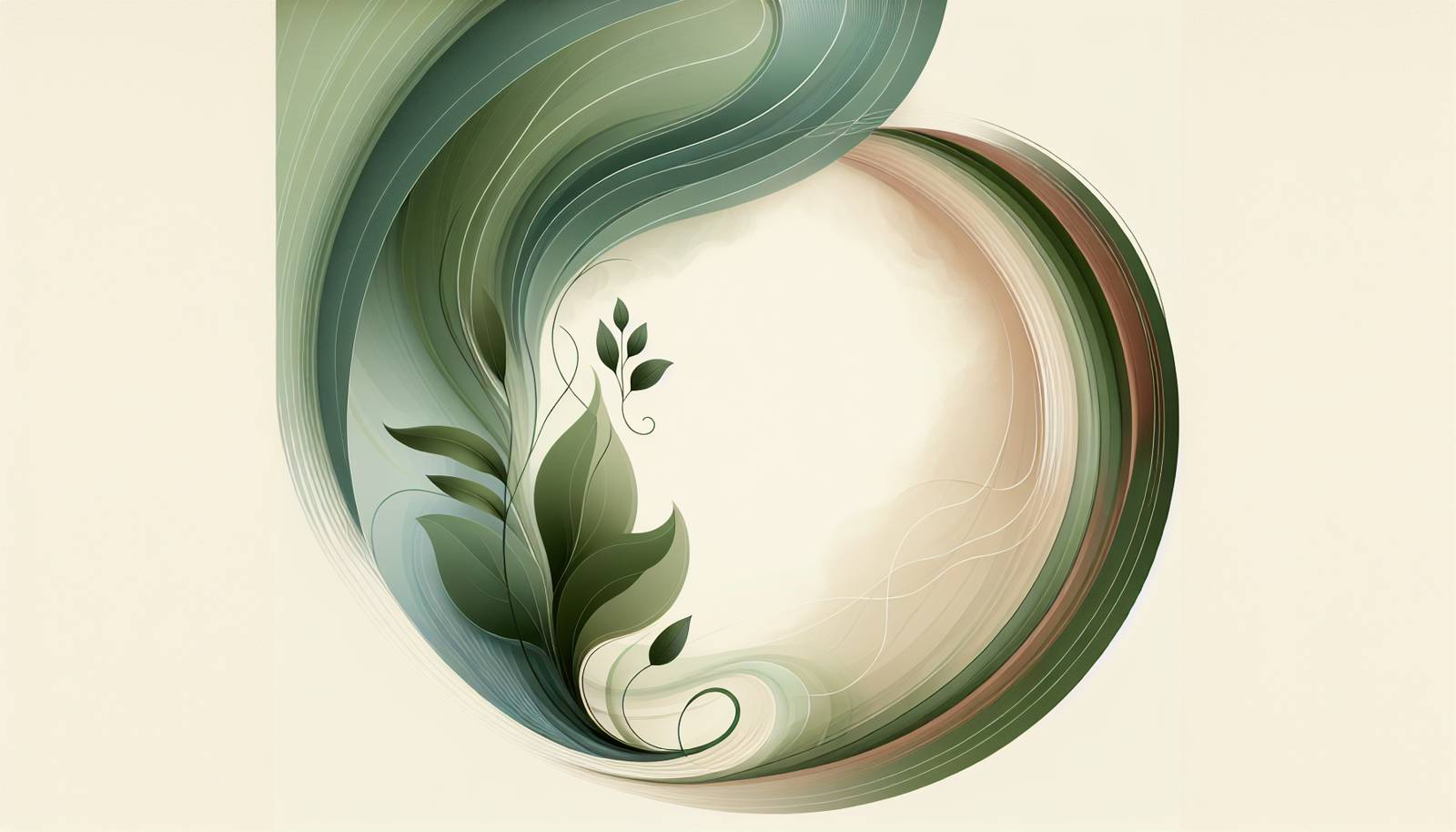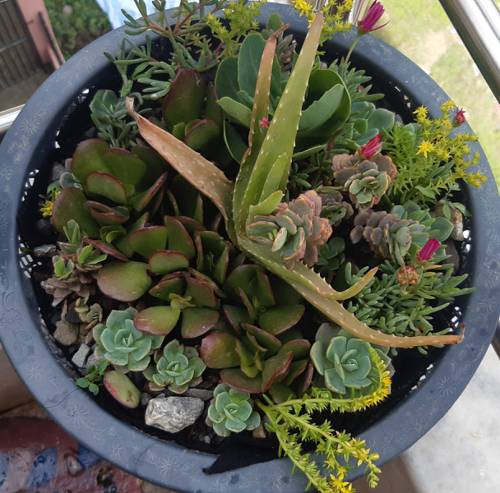
FAQ About Indoor Plants and Feng Shui Principles

What is the role of plants in Feng Shui?
In Feng Shui, plants are considered living symbols of growth and vitality. They are used to enhance the chi, or energy flow, within a space. Plants can balance and harmonize the energy within a home by absorbing negative energy and releasing oxygen and positive energy.

Which plants are commonly recommended in Feng Shui?
Some of the most recommended plants in Feng Shui include the Jade Plant, Peace Lily, Bamboo Plant, and Money Plant. These plants are referred to as "lucky plants" because they are believed to bring prosperity and balance to the home.

Where should I place my plants according to Feng Shui principles?
Plants should generally be placed in areas of the home that correspond to the Bagua map's wealth and prosperity sectors, which is typically the southeast area of a space. Additionally, corners and places where energy might stagnate are good locations for plants to ensure a balanced flow of energy.

How do I use plants to improve energy flow in my home?
Plants can improve energy flow by placing them in corners and areas with stagnant energy, known as dead corners. They can also be strategically placed in the entrance of your home to welcome positive energy and around electronic devices to counteract the emitted electromagnetic fields.

Can artificial plants be used in Feng Shui?
Artificial plants are generally not recommended in Feng Shui because they do not offer the same life-giving properties or benefits as real plants. The natural energy and vibrancy of living plants cannot be replicated with artificial ones. However, if necessary, high-quality replicas can be used with the consideration that they should be regularly cleaned and maintained.

How do plants in Feng Shui affect wealth and prosperity?
Plants associated with wealth and prosperity in Feng Shui include the Money Plant and Bamboo, as they symbolize financial growth and success. Positioning these plants in the southeast corner of your home or office, which is the wealth area, is believed to attract prosperity and abundance.

Are there any plants that should be avoided in Feng Shui?
According to Feng Shui, sharp, thorny plants like cacti should be placed with caution as they can create negative energy or 'Sha Chi.' These plants should be kept away from the center of homes and bedrooms where relaxation and positive energy are desired.

What is the Bagua map and how does it relate to plant placement?
The Bagua map is a Feng Shui tool that divides a space into different areas, each with a specific energetic focus, such as wealth, health, love, and career. By aligning plants with the corresponding sectors on the Bagua map, you can enhance specific types of energy in your home or office.

How often should plants be maintained for Feng Shui benefits?
Plants should be kept healthy and vibrant to maintain their Feng Shui benefits. Regularly watering, pruning, and checking for signs of disease is essential. Neglected plants can spread negative energy instead of positivity, so prompt care and attention are crucial.

Can using plants in Feng Shui improve health and wellness?
Yes, using plants in Feng Shui can promote health and wellness by purifying the air and increasing oxygen levels, which can lead to a more serene and balanced environment. Plants like aloe vera and peace lily are noted for their air-purifying properties, contributing to a healthier living space.

What types of plants can be used in a bathroom according to Feng Shui?
In bathrooms, where water elements are strong, it's beneficial to use plants that also enjoy humidity, like pothos, bamboo, and ferns. These plants can neutralize any excess water energy, ensuring balance in your home.

How do colors of plants affect Feng Shui?
The color of plants in Feng Shui corresponds with the elements and energies they enhance. For example, green represents wood energy, which is related to growth and vitality, while vibrant blooms like red or pink can enhance love and passion through the fire element.

Is the direction of plant placement important in Feng Shui?
Direction is crucial in Feng Shui plant placement. For example, placing plants in the east is said to support health and family, while the northeast is favorable for knowledge and personal growth. The direction helps harmonize the intended energy in your space.

Can hanging plants be used effectively in Feng Shui?
Yes, hanging plants can be very effective in Feng Shui as they utilize vertical space and can help lift and disperse energy throughout a room. They are ideal for small spaces and can enhance energy flow without cluttering ground space.

How do I choose the right plant size for Feng Shui?
In Feng Shui, the size of a plant should be proportionate to the room size. Large plants might overwhelm small rooms, whereas small plants may have little impact in bigger spaces. Choose a plant that complements the room's layout and does not disrupt the balance of energy.

How can plants help with Feng Shui in an office setting?
In an office, plants can reduce stress, increase productivity, and improve concentration. Ideally, they should be placed on desks or near computers to counteract electromagnetic energy and foster a calming and productive work environment.

Are indoor plants necessary for practicing Feng Shui?
While not strictly necessary, indoor plants play a significant role in enhancing the practice of Feng Shui by contributing to the balance and harmony of an environment. They bring a natural element indoors, improving air quality and increasing vibrant energy.

Can Feng Shui principles with plants be applied in small apartments?
Yes, Feng Shui can be effectively applied in small apartments with plants. Opt for smaller plants or vertical gardening options to ensure that space is not overwhelmed, allowing energy to flow freely. Hanging plants and small potted plants on shelves are excellent choices.

What is the impact of dead or wilting plants in Feng Shui?
Dead or wilting plants can have a negative impact on the energy in your space as they symbolize decay and neglect. They should be replaced or revived quickly to maintain positive energy flow and avoid attracting stagnant or negative chi.

What is the significance of the Money Plant in Feng Shui?
The Money Plant, or Jade Plant, is particularly significant in Feng Shui for attracting wealth and abundance. It's commonly placed in business settings or near entrances to draw in prosperity and opportunities through its association with the wood element and vitality.
